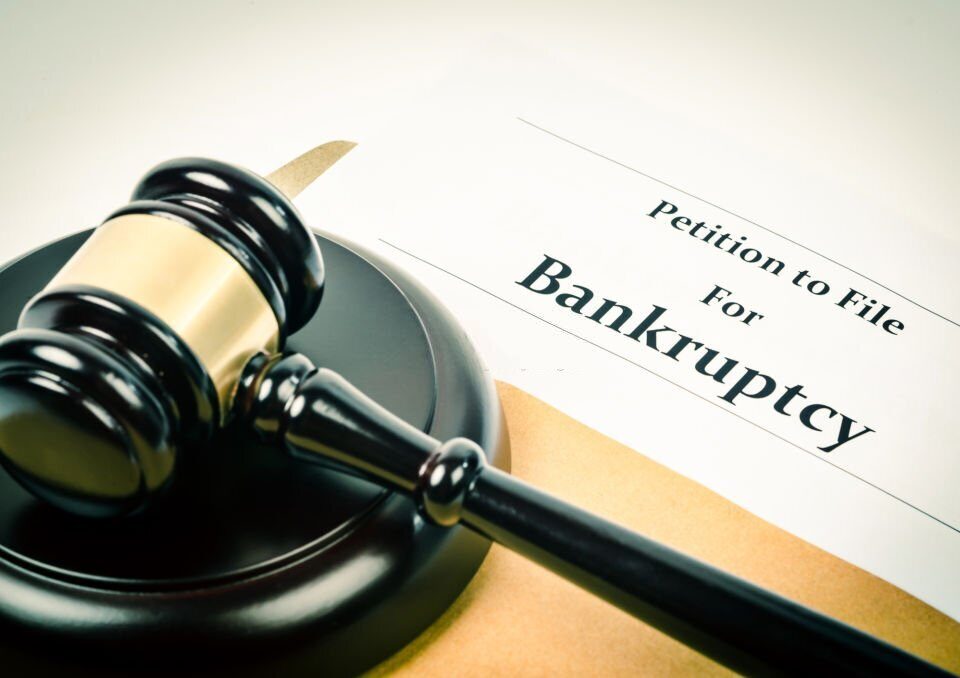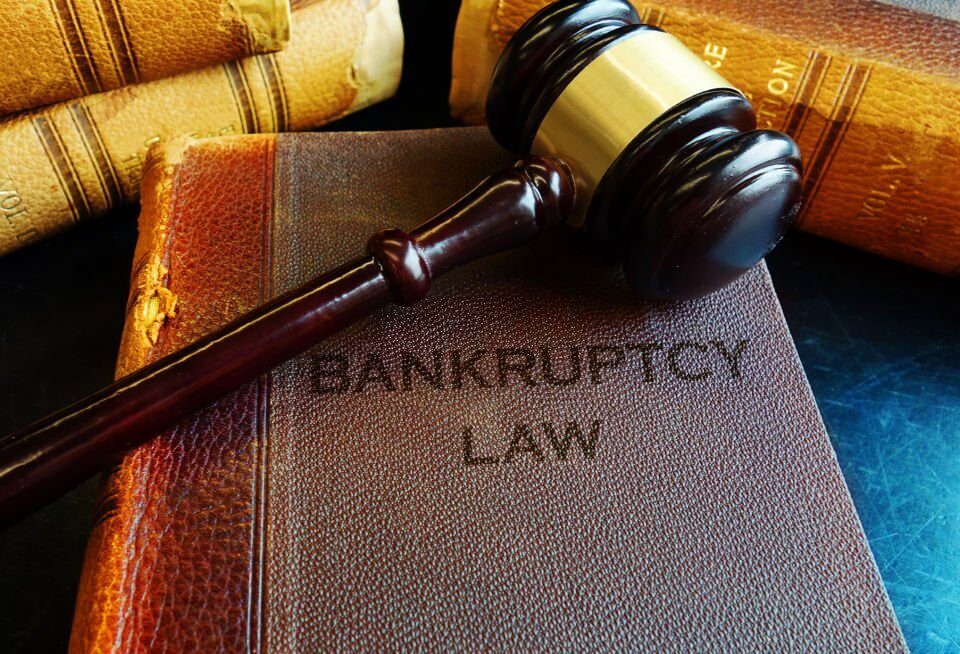How Many Times Can Someone File for Bankruptcy?

What is a 341 Meeting?
March 15, 2018
Understanding the Florida Homestead Exemption
April 15, 2018No limits are placed on how many times a person can file for bankruptcy in total. But the law does place requirements for how much time needs to have passed between filings. If someone is considering filing for bankruptcy a second or third time, it is important to know what these limits are and how they can affect a future bankruptcy case.
Understanding A Bankruptcy Discharge
A bankruptcy discharge occurs at the end of a successful bankruptcy where all of the filer’s debts are wiped out with the exception of those that cannot be discharged. Getting a bankruptcy discharge is the end goal for all bankruptcy cases, and the date of discharge is a significant one in that it sets when a debtor can file for bankruptcy again in the future.
Post-Bankruptcy Discharge Time Limits
The law sets different time limits on when an individual can seek a second bankruptcy discharge. These time limits vary depending on what type of bankruptcy was filed initially and what time of filing is being sought the second time.
- Chapter 7 filing then Chapter 7 filing: If the debtor has received a successful Chapter 7 bankruptcy, he or she cannot get another Chapter 7 filing until eight years has passed since the first Chapter 7 case was filed;
- Chapter 7 filing then Chapter 13 filing: If the debtor has received a successful discharge in a Chapter 7 case, he or she cannot then get a Chapter 13 discharge unless more than four years has passed since the Chapter 7 filing;
- Chapter 13 filing then Chapter 13 filing: If the debtor has received a successful discharge in a Chapter 13 case, he or she cannot get another Chapter 13 discharge unless more than two years have passed since the filing of the first Chapter 13 case;
- Chapter 13 filing then Chapter 7 filing: If the debtor has received a successful Chapter 13 discharge, he or she cannot get a later Chapter 7 discharge unless he or she filed the Chapter 7 case more than six years from the date the Chapter 13 case was filed. However, exceptions do exist for this specific situation. If the debtor paid 100 percent of the debt that was owed to the Chapter 13 unsecured creditors or paid at least 70 percent of the claims in that case and proposed a plan in good faith and used best efforts to repay creditors, the debtor may be able to file immediately.
Bankruptcy Case Was Dismissed
Many times, a debtor will file, resulting in his or her case being dismissed by the court. In this event, the debtor may refile unless the court gives other instructions. If the debtor’s case was dismissed due to fraud, he or she may not be able to refile. Depending on why the case was dismissed, the debtor may need to wait 180 days before refiling.
If the court denied a discharge in a debtor’s initial filing, he or she may still be able to file again but certain restrictions may be placed on what debts can be included in the second filing. In fact, the debtor may not be able to discharge any of the debts that were part of the first attempt.
Filing For Bankruptcy Even If No Discharge Is Allowed
It may seem counterintuitive, but sometimes, debtors will file for Chapter 13 bankruptcy even though they know they will not be able to get a successful bankruptcy discharge when all is said and done. During Chapter 13 bankruptcy, the debtor works with the trustee on a repayment plan to pay back creditors.
If the debtor works through this plan and pays back creditors according to the terms but the case does not end up in a discharge, the debtor will still walk away with a lower amount to pay creditors outside of the bankruptcy. The debtor remains on the hook for the debt, but some breathing room will be given during the period the Chapter 13 repayment period is going on. It can help the debtor pay back these debts but in a much more reasonable manner.
Consult a Bankruptcy Attorney
Before making any decisions on how to proceed, it is best to talk with a bankruptcy attorney. He or she can discuss what downsides may exist to filing for bankruptcy multiple times, what types of limits the debtor may face and how multiple filings can affect the debtor’s credit score.
Contact Us Today
At RLC Lawyers & Consultants, we are here to walk you through this stressful process of bankruptcy. To request to schedule a free consultation, please call us at 561.571.9610 or send an email to info@rlcfl.com.



